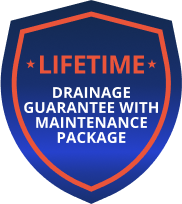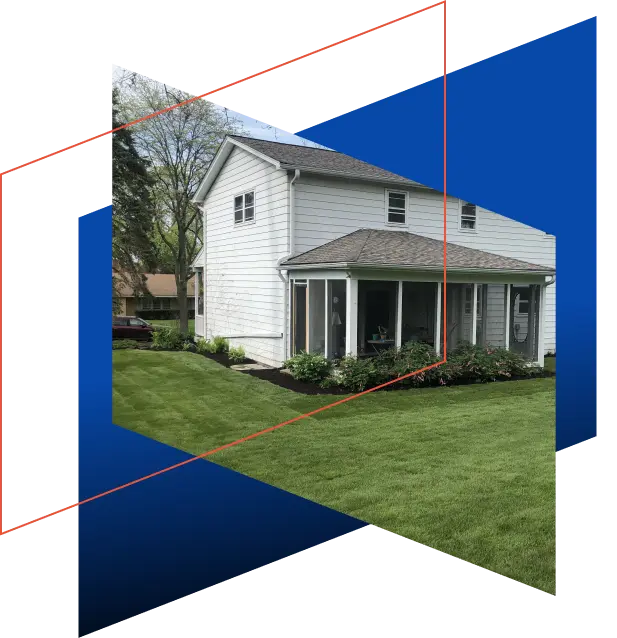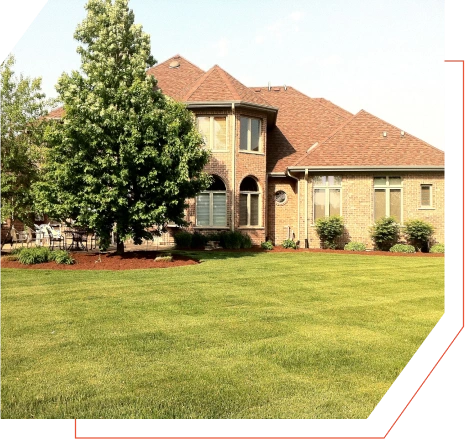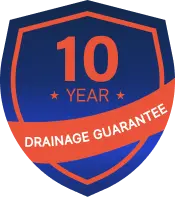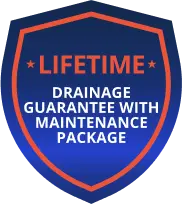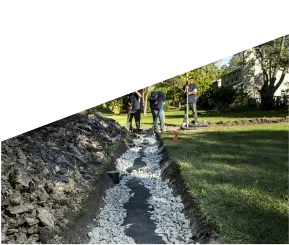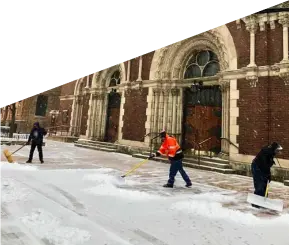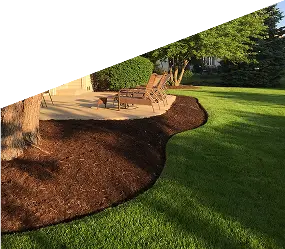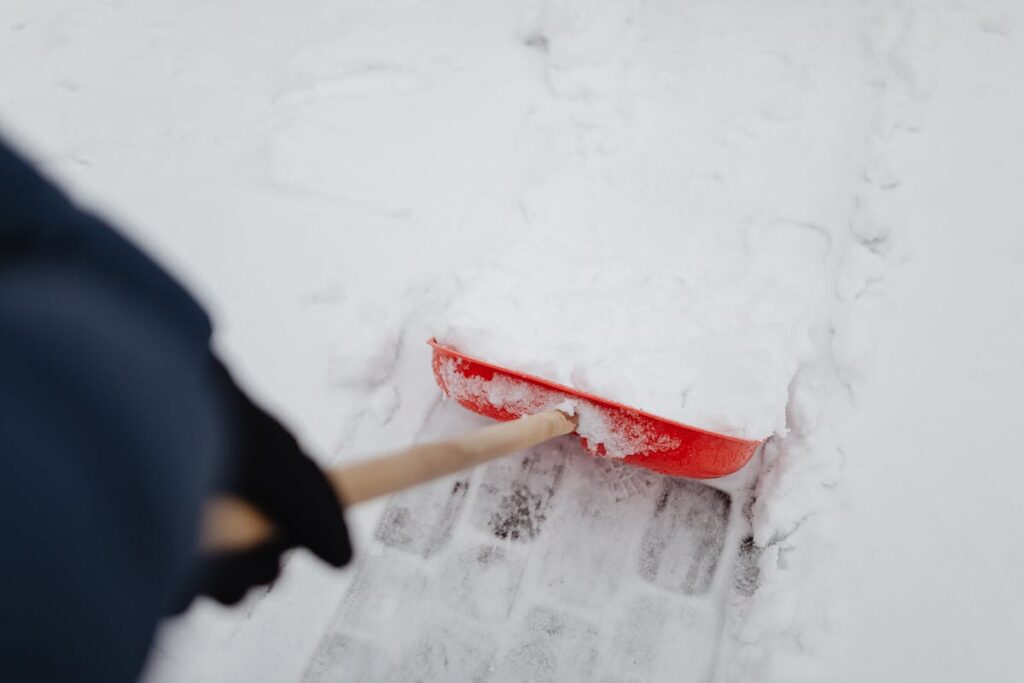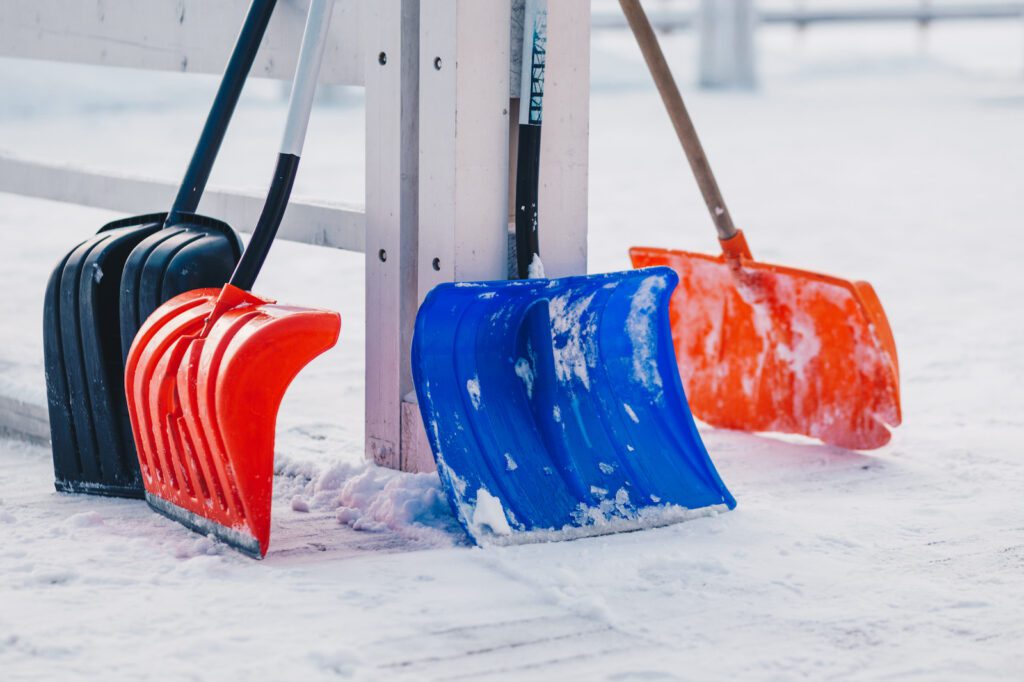They did a great job and we are very pleased!
“I contacted Mike at Ware Landscaping for help with fixing my flooded backyard and garage. Mike gave me an honest assessment of my situation and recommended the right system to fix my problems (a lot of issues). Ware Landscaping installed drainage, underground downspouts, underground sump pump lines, driveway drains and surface drains in the yard to fix all my problems.. The team was very professional and always asked for my approval on work being done before it was completed. They did a great job and we are very pleased!”


